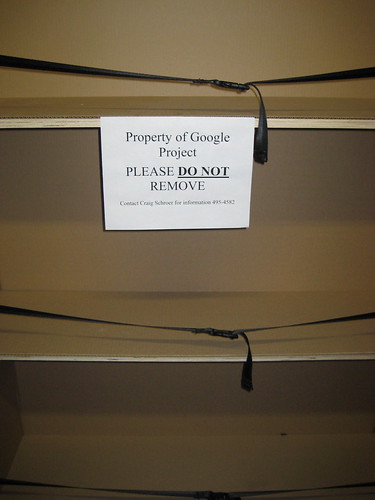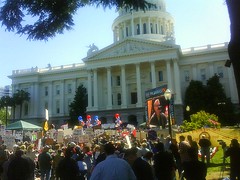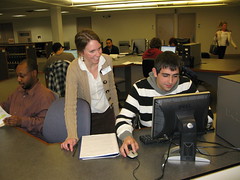Does Library Bandwidth need to double every 18 months?
The need for increasing bandwidth seems to flow right along with the rate of computer memory. Keeping up with technology comes with a price, as computers can handle more memory and work faster, the bandwidth required to make them effective also needs to increase. With many needed services going online, libraries need to keep up with this need, but the problem is bandwidth creep. It seems that library bandwidth needs to double every 18 months to keep up, but then it should be less expensive according to Nielsen's Law. Our communities depend on us now more than ever to keep up since:
1. Libraries are the only free internet resource in town, often the only resource.
2. Bandwidth for an individual goes up faster than in an organization.
3. Libraries can't do as much if content requires more bandwidth, leading to feature freeze
4. Services deteriorate if we can't keep up, other services become affected. By trying to pay for more bandwidth, ongoing costs to maintain it can burden other services in an already stripped down service economy.
As mentioned in this Ars Technica article a few weeks ago reporting on ALA's report on Bandwidth. It's nice to see mainstream blogs provide attention to these issues.
Bill Gates fund: libraries need more cash for broadband
SNIP
As we've reported, libraries across the United States have become something like first economic responders for low-income people thrown out of work by The Great Recession. As job listings go online, and more and more require an on-line application form, computerless employment seekers are besieging local libraries—often the only place where they can get free access.
END SNIP
Libraries dying for bandwidth—where's the fiber (and cash)?
SNIP
But another problem is simple availability. As the ALA's report (PDF) points out, "moving from a 56Kbps circuit to 1.5Mbps is one thing. Moving from 1.5Mbps to 20Mbps or to 100Mbps or even to a gigabit—depending on the size and need of the library—is another." Even when they can pay for it, many libraries are finding that higher speeds simply aren't available.
END SNIP
Take for example a new service at our library. It is a VR Sorenson machine that provides a relay service for the deaf. A patron comes up to this machine, dials the number and a VR Sorenson employee signs to the person. This relay person can then contact any phone number anywhere and the person using the service can get help from businesses or other contacts that do not have a TTY machine or other services for the deaf. The machine requires high bandwidth. Most individuals can't afford this high level of bandwidth even though these machines are provided for free to many. It is superior to a TTY machine. Word of mouth spread like wildfire and we get several people using it per day. Even when it was getting set up, patrons knew exactly what it was and without advertising, word of mouth sold the service. It's an example of what a library can do, but without the bandwidth it wouldn't have happened. Without sufficient bandwidth, not only are library services frozen, but we are then forced to protect our scarce bandwidth resources.
Bandwidth Police
There is a recent article about libraries becoming bandwidth police. Libraries that don't have the ability to increase bandwidth have to rely on throttling so that all patrons can have enough bandwidth to get what they need online. Software vendors provide these tools to libraries, in which, an automatic limit is set so that one single individual cannot exceed a certain amount of bandwidth. A patron attempting to watch a streaming movie on Netflix would have their efforts hampered so that another patron can still use enough bandwidth for basic internet use, mostly textual in nature. Without enough bandwidth, throttling like this can affect services critical to library patrons, but because not enough resources have been providing for libraries to keep up with the bandwidth creep, libraries are reduced to this practice, leading to these articles on the practice.
Why a Shortage of Bandwidth is Turning Public Librarians into Traffic Cops LIS News points to an article from the Citizen Media Law Project, The Library Police: Why a Shortage of Bandwidth is Turning Librarians into Traffic Cops The author's basic premise is that because of poor bandwidth to libraries, and considering libraries are often the only place to get bandwidth, throttling leads to censorship:
SNIP
"A short time ago, the American Library Association (ALA) released the latest update to the Public Library Funding & Technology Study, a long running survey of public access to the Internet. The survey reveals that public libraries are the only point of free Internet access in the great majority of communities, and many libraries do not have enough bandwidth to meet the needs of their patrons. The entire situation is an embarrassing reminder that the US has a hideous Internet access rate...
While the latter approach is certainly disconcerting (especially in a country with such poor per capita connectivity), I am terrified by the former bandwidth austerity measure. Libraries have become a proving ground for two dangerous arguments: that content throttling is not filtering and that resource limitations justify content throttling."
END SNIP
I have personal experience in which I tried to expand computer access with old assumptions about bandwidth. It used to be 1.5 Mbps for 50 computers would be just fine, but now you would be lucky to get access with four times that bandwidth rate. E-rate helped me out there, but for many libraries that don't have the funds, can't reallocate them, can't figure out Erate, or are doing all they can and it's still not enough bandwidth. It can be very frustrating. Now with throttling becoming more common, people are beginning to notice, but at least with the author, he is in support of libraries getting more bandwidth so that they don't have to do this.
 What Libraries are doing for their communities
What Libraries are doing for their communitiesA recent Library Journal article highlighted what the ALA submitted to the FCC on libraries critical role to the economic well-being of their communities:
Salt Lake City Public Library terminals
Originally uploaded by Mal Booth
ALA to FCC: Consider How Broadband Fosters Economic Opportunity
SNIP
As Community Hubs:
Public libraries go beyond stopgap measures in creating and supporting economic opportunity
The added value libraries offer includes job training, information, and digital literacy programs
For Business Adoption and Usage:
The library as a small business
Libraries need high capacity broadband to provide essential services to the general public
Effective negotiation requires open dialog between service providers and small businesses
Broadband's role in regional economic development
Libraries are critical institutions in supporting regional economic development
Government-provided social benefit programs
Information literacy skills are critical to navigating online social benefit forms
Workforce development
The value of the public library’s suite of services cannot be overstated
END SNIP
A recent sneak peak at an FCC reports provides promising news to underserved areas:
"One proposal would use money from the Universal Service Fund to build broadband networks in underserved communities and pay for high-speed Internet connections for those who cannot afford them. The Universal Service Fund, which is supported by a surcharge on phone bills, was established to subsidize phone service."
What Libraries are doing for increased Broadband
The California State Library recently sponsored a competition called Fast Internet Matters @ Your Library. Libraries throughout California were to create video on Youtube that highlights why Fast Internet is important. Salinas Library was announced as the winner with this funny video:
Opportunity Online has been going around libraries and speaking with library staff and patrons about how important broadband is to the community. This is to help the broadband summit the Bill and Melinda Gates Foundation plan to have around the United States to help providing funding for broadband. You can watch some of those videos here.
The Bill and Melinda Gates Foundation have also announced a round of funding for broadband projects.
Foundation Announces New Support for Public Libraries to Help Provide Broadband Access for More Americans
SNIP
“Federal, state, and local government investments in connecting libraries to broadband are important steps toward realizing the vision of universal broadband access,” said Jill Nishi, deputy director of the Bill & Melinda Gates Foundation’s U.S. Libraries program. “When libraries have access to broadband, they can effectively deliver critical educational, employment, and government services for residents that lack Internet access elsewhere. As community anchor institutions, libraries can also help drive local broadband adoption.”
END SNIP
The hope here is that with the Bill and Melinda Gates Foundation stepping in with states and combing the Federal Broadband Stimulus program that local libraries can provide better, faster access and ensure sufficient bandwidth in the future to keep up with demand. The American Library Association has been spearheading this movement and has consistently demanded more broadband and bandwidth for our libraries. They have submitted to the NTIA and now the have submitted to the FCC the critical role libraries play in the local economy.
The last round of broadband stimulus went towards the truly needy. If funding is only going towards getting locations to a 742 kbps or half of a T-1 line and that is a big step up for them; that's very critical. However, in the next two rounds libraries are pulling for expanding access for more modern needs. Without this round of stimulus, libraries will continually fall behind the fast moving internet, crippling existing services and stopping progress for future needs. More affluent communities will be able to maintain and increase access, but those that cannot afford it will be severely hurt. Increasingly, this will lead to lost connections with the rest of the world, leaving pockets of many Americans behind. The concept is scary.

![Reblog this post [with Zemanta]](http://img.zemanta.com/reblog_e.png?x-id=b0d42e75-328d-4f58-8404-7983fb0338c4)

![Reblog this post [with Zemanta]](http://img.zemanta.com/reblog_e.png?x-id=4c753d5d-c7ca-49e2-a071-aa8dbff92f0f)



![Reblog this post [with Zemanta]](http://img.zemanta.com/reblog_e.png?x-id=86c9450c-8de6-4ef9-acfd-c734c6339b31)

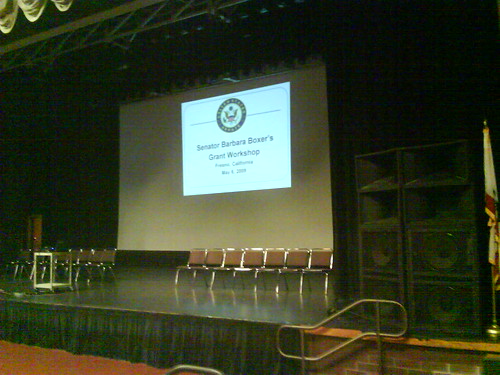

![Reblog this post [with Zemanta]](http://img.zemanta.com/reblog_e.png?x-id=dd67dac5-5836-4342-8985-87d0961362f6)

![Reblog this post [with Zemanta]](http://img.zemanta.com/reblog_e.png?x-id=5d838db9-00da-4dc3-a1df-bb2ac0b09bd1)

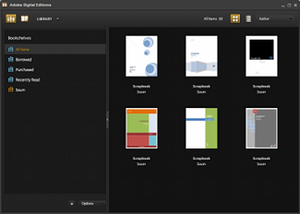
![Reblog this post [with Zemanta]](http://img.zemanta.com/reblog_e.png?x-id=fd9c5842-85de-45b9-a514-e6266e64d0ba)
![Reblog this post [with Zemanta]](http://img.zemanta.com/reblog_e.png?x-id=deb6212f-a250-4963-9a30-9d210d34cc80)


![Reblog this post [with Zemanta]](http://img.zemanta.com/reblog_e.png?x-id=c7bcf818-4e85-4214-893e-318db19d65aa)

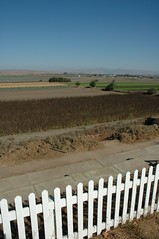

![Reblog this post [with Zemanta]](http://img.zemanta.com/reblog_e.png?x-id=86511e84-bcaf-4a60-8b8b-f54c9a04e4f6)
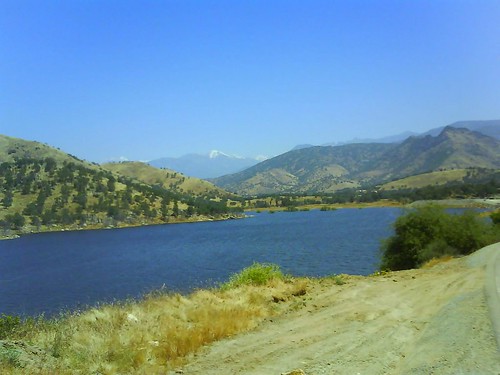
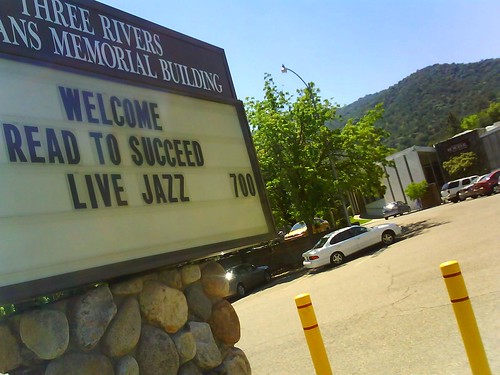

![Reblog this post [with Zemanta]](http://img.zemanta.com/reblog_e.png?x-id=940722a0-9460-413e-aecf-166bf76a91c8)


